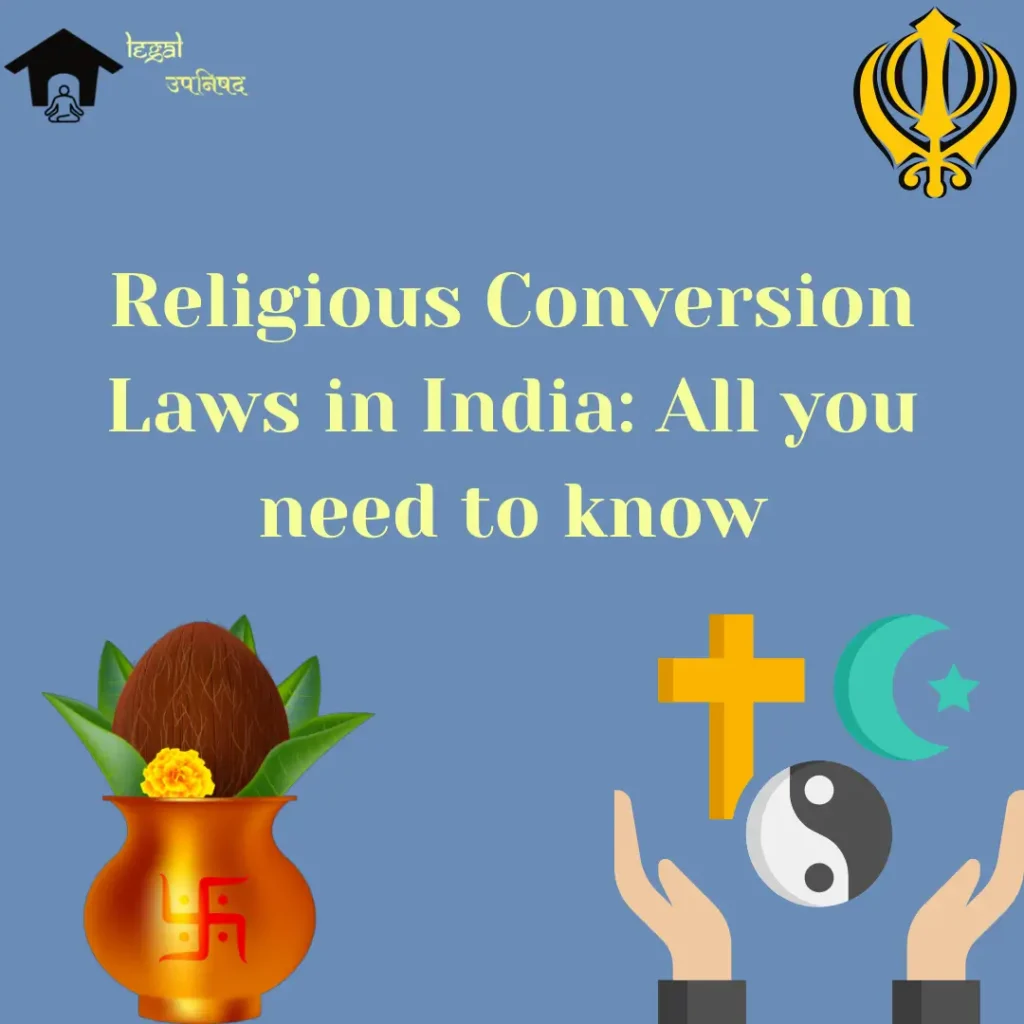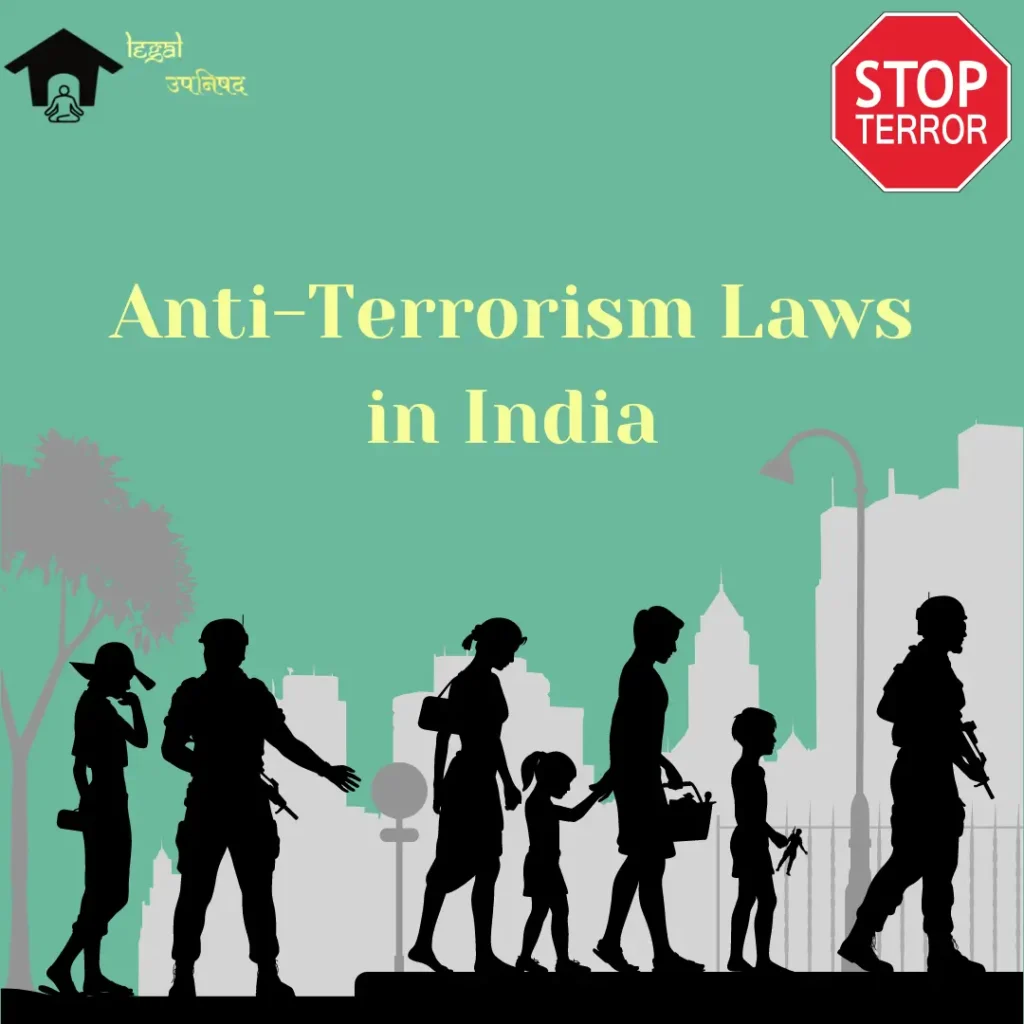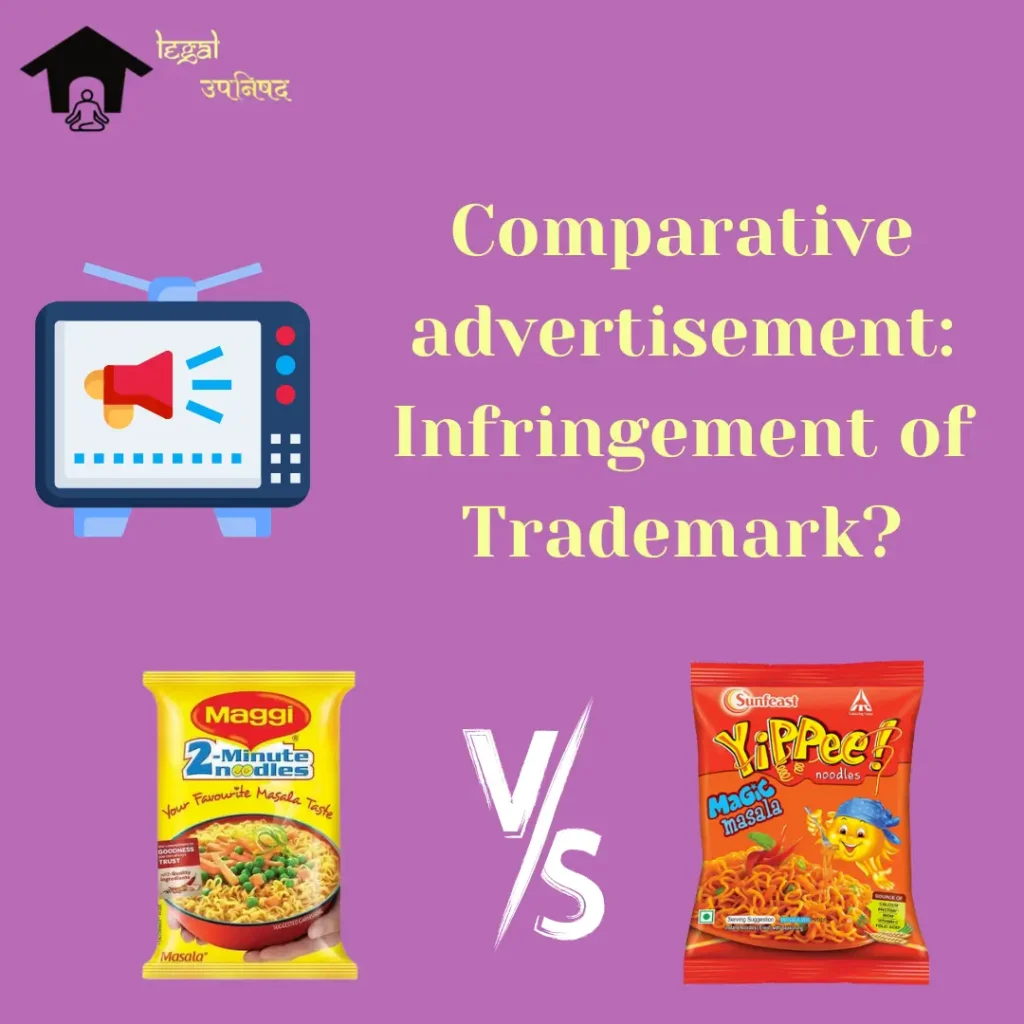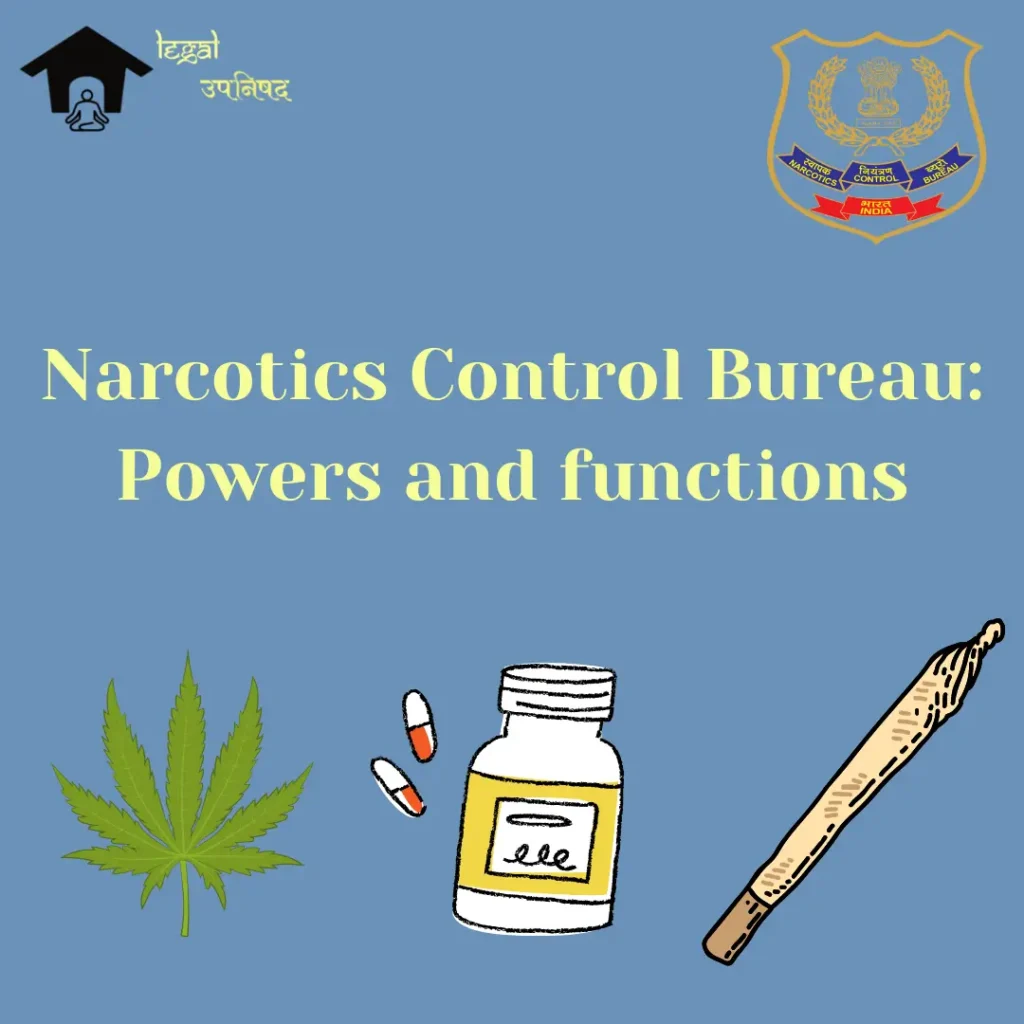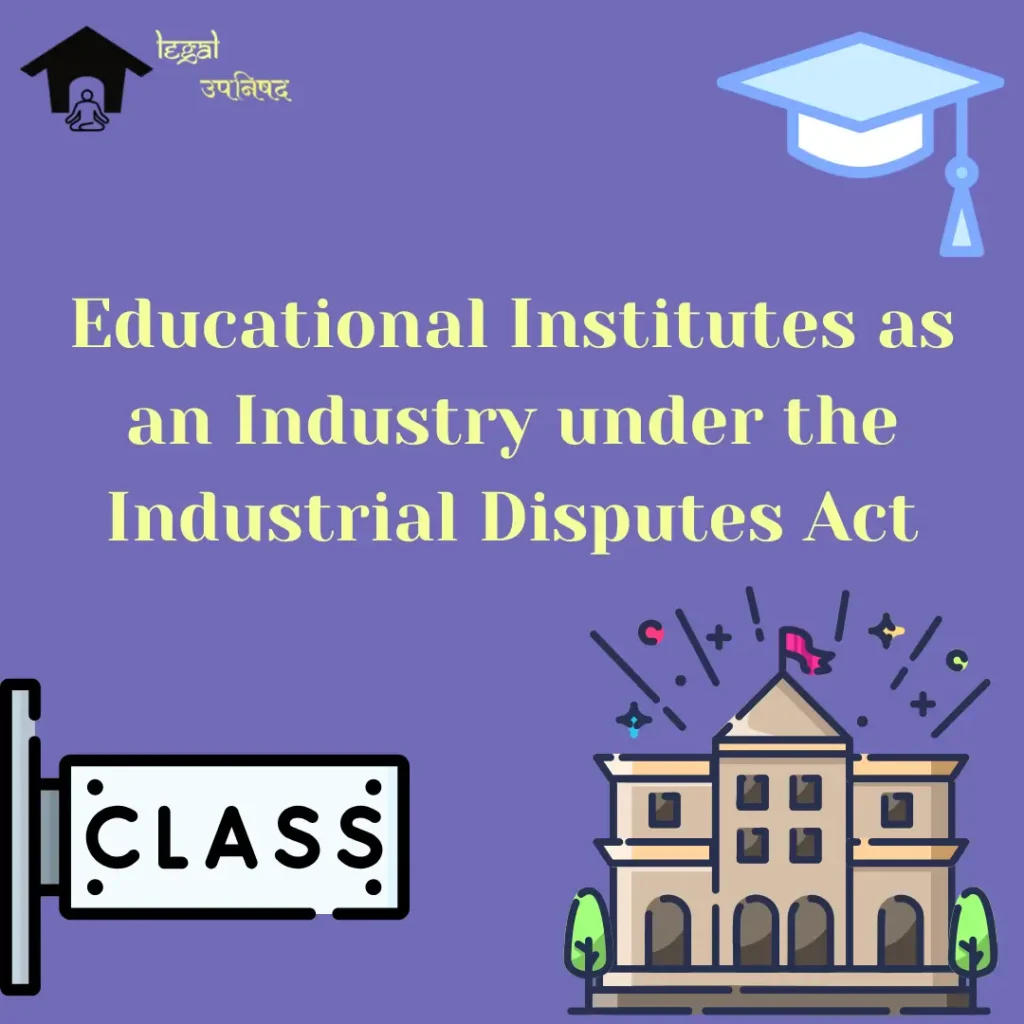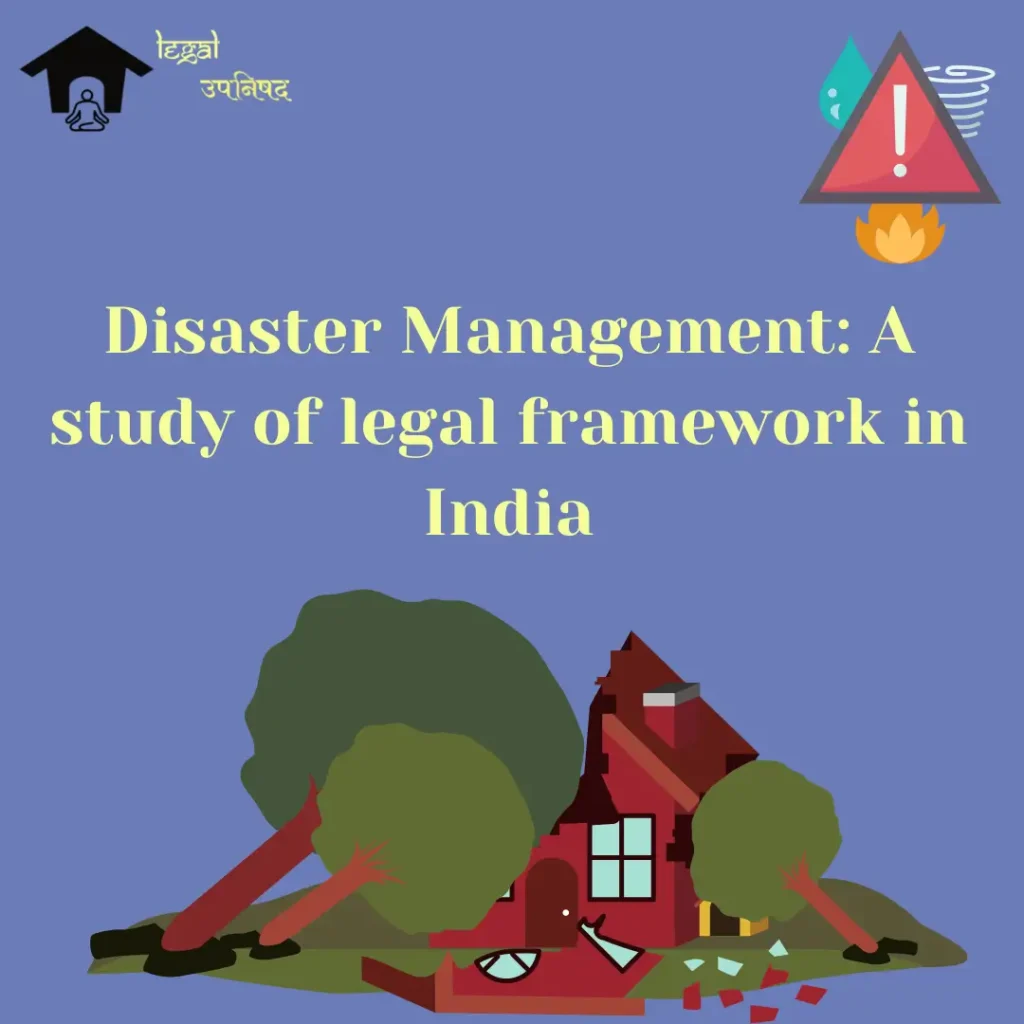Opening an Electric Vehicle Charging Station (EVCS) in India
Electric vehicles (EVs) are vehicles with electric motors rather than internal combustion engines. The vehicle uses a battery pack to power the electric motor. This battery pack to power an electric motor requires a sufficient supply of electricity which is supplied from electric vehicle supply equipment (EVSE) that is, it needs to be charged by plugging into a wall outlet or charging equipment. This facility is provided by EV charging stations (EVCS). This article covers legal requirements for opening an electric vehicle charging stations in India and all the other aspects related to EVCS.
Opening an Electric Vehicle Charging Station (EVCS) in India Read More »


